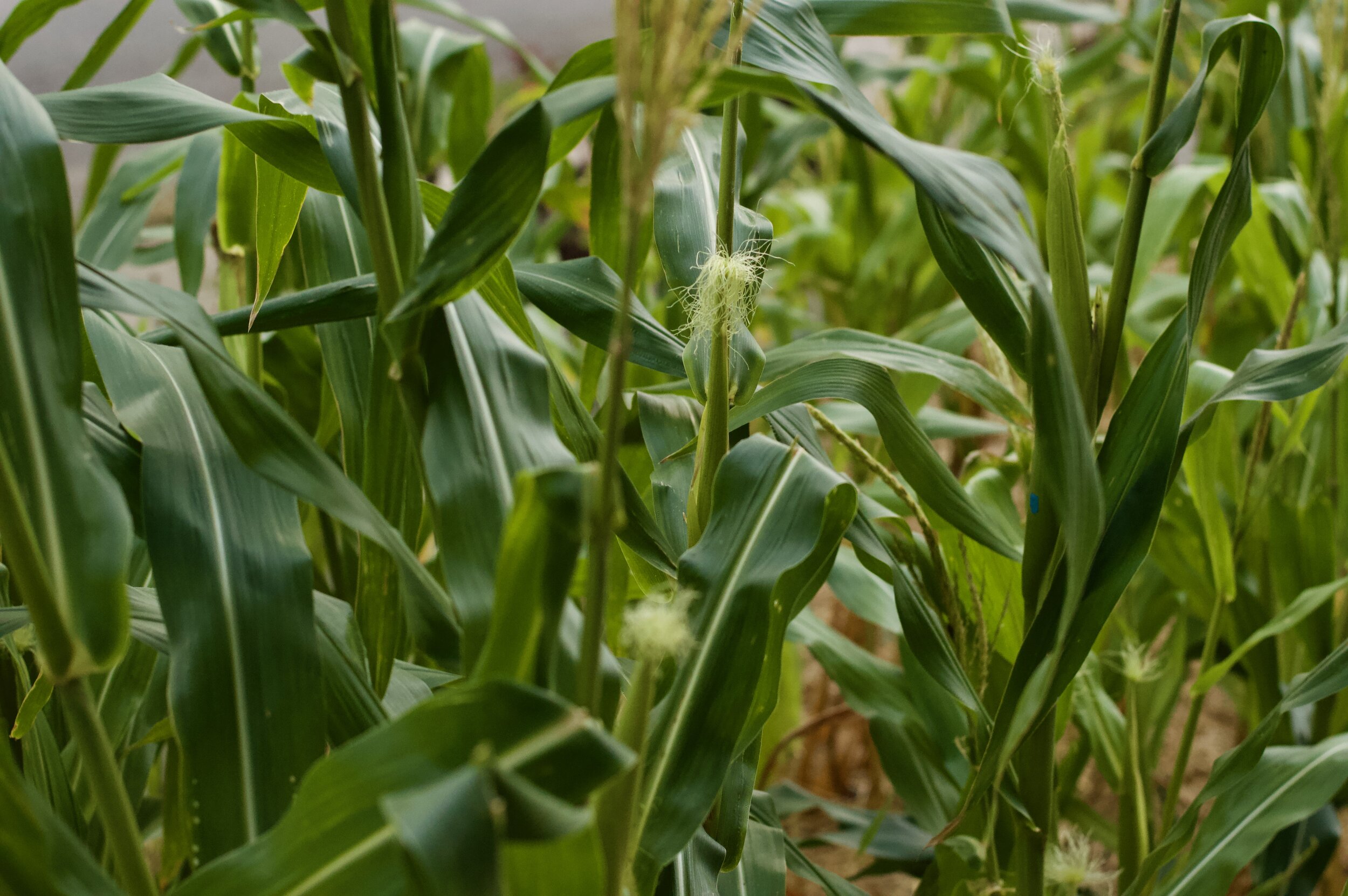FAQ
What does giitigan mean?
‘Giitigan,’ pronounced ‘ghee-tih-gun',’ is a modified version of the anishinaabemowin (the anishinaabe language) word for “garden,” which varies across dialects— for example, it is gitigaan in the Minnesota dialect and gtigaan in the Eastern dialect.
Nkwejong (Lansing, MI), the place where the rivers meet, was and still is a cosmopolitan trading community. Giitigan’s blended spelling comes from the diversity of languages and cultures at Nkwejong.
What does Anishinaabe mean?
Anishinaabeg (Anishinaabe people) are Native Americans and First Nations peoples from Potawatami /Bodewadami, Odawa/Ottawa, and Ojibwe/Chippewa nations, also known as the Three Fires. Anishinaabeg have been in the Great Lakes region for at least 9,000 years, and in the Plains for a similar length of time.
Anishinaabeg share many broad cultural similarities, but each nation and band within that nation is unique. There are many bands, or tribal nations, in each of the Three Fires.
Who can participate in events or volunteer at Giitigan?
Anyone! All ability levels, all gardening skill levels, all ages, all genders, all backgrounds— you’re welcome to join us! Giitigan is first and foremost a space for Anishinaabe, Metis, and other Natives of Lansing, but we welcome our non-Native community members to contribute and learn through thoughtful engagement.
We ask that non-Indigenous and non-Black participants be mindful of and listen to the knowledge offered by Indigenous and Black community members, as well as to understand that there are unique and very important protocols for an Anishinaabe garden. For example, if you use the seating area or otherwise hang out with our plants, please come with good thoughts.

